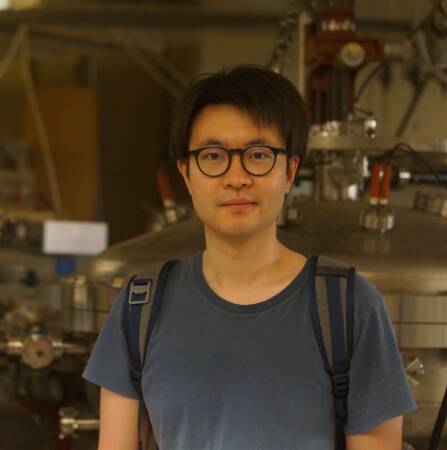Seminar
Generative Modelling for 3D Multimodal Understanding of Human Physical Interactions
Abstract: Generative modelling has been extremely successful in synthesizing text, images, and videos. Can the same machinery also help us better understand how to physically interact with the multimodal 3D world? In this talk, I will introduce some of my group's work in answering this question. I will first discuss how we can enable 2D [...]
A retrospective, 40 Years of Field Robotics
Abstract: Chuck has been building and deploying robots in the field for the past 40 years. In this retrospective he will touch on the robots, people and experiences that have been part of the journey. From the early days in the 1980s with the Three Mile Island nuclear robots and the first outdoor autonomy robots [...]
Learning for Dynamic Robot Manipulation of Deformable and Transparent Objects
Abstract: Dynamics, softness, deformability, and difficult-to-detect objects will be critical for new domains in robotic manipulation. But there are complications--including unmodelled dynamic effects, infinite-dimensional state spaces of deformable objects, and missing features from perception. This talk explores learning methods based on multi-view sensing, acoustics, physics-based regularizations, and Koopman operators and proposes a novel multi-finger soft [...]
High-resolution cloth simulation in milliseconds: Efficient GPU Cloth Simulation with Non-distance Barriers and Subspace Reuse Interactions
Abstract: We show how to push the performance of high-resolution cloth simulation, making the simulation interactive (in milliseconds) for models with one million degrees of freedom (DOFs) while keeping every triangle untangled. The guarantee of being penetration-free is inspired by the interior-point method, which converts the inequality constraints to barrier potentials. Nevertheless, we propose a [...]
Practical Challenges and Recent Advances in Data Attribution
Abstract: Data plays an increasingly crucial role in both the performance and the safety of AI models. Data attribution is an emerging family of techniques aimed at quantifying the impact of individual training data points on a model trained on them, which has found data-centric applications such as training data curation, instance-based explanation, and copyright [...]
From Lab to Launch
Bio: Nathan Michael is Shield AI’s Chief Technology Officer and a former Associate Research Professor in the Robotics Institute of Carnegie Mellon University (CMU). At CMU, Nathan was the Director of the Resilient Intelligent Systems Lab, a research lab dedicated to improving the performance and reliability of artificially intelligent and autonomous systems that operate in [...]





